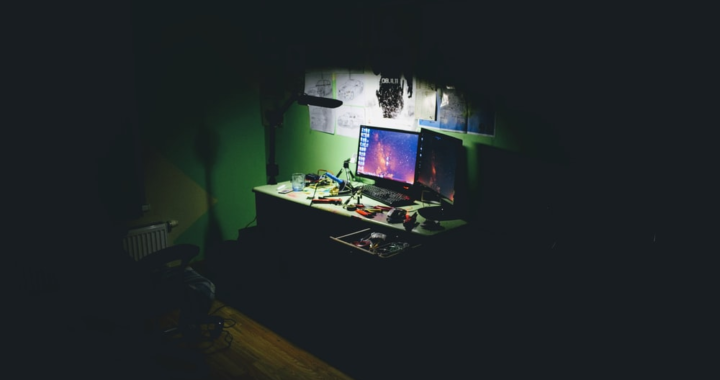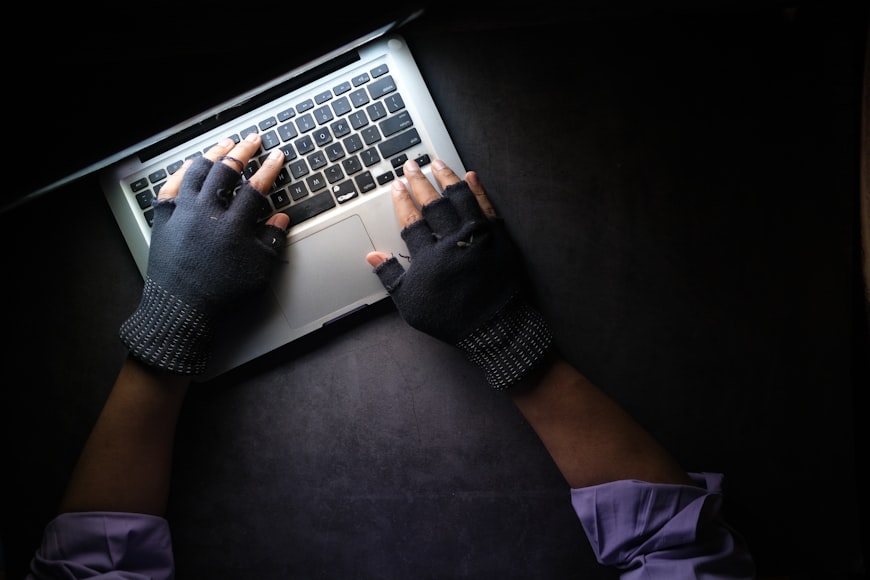Digital devices have become so omnipresent that almost all crime scenes include at least one or more forms of digital evidence. While a proper digital forensics examination using these devices can solve a crime, it’s often the actions and decisions taken during evidence collection that determine whether the investigation would succeed or not.
Here are some of the biggest mistakes made with digital evidence on a crime scene:
1. Not Isolating the Digital Device from Networks
Securing a device at a crime scene helps cyber forensics experts analyze and investigate its data. However, if they fail to isolate the device from a wireless or a cellular network, the evidence it contains could be at risk.
A mobile that connects to a wireless or cellular network will continue to sync documents, emails, photos, and contacts with cloud-based services, destroying or corrupting digital evidence as a result. This enables the device’s owner to lock or wipe the digital evidence from the device remotely. Therefore, digital forensic experts must isolate mobile phones and laptops from Bluetooth, cellular, or wireless connectivity to examine them forensically.
2. Powering on the PC
This is another grave mistake that most investigators make at the crime scene. Upon seizing a computer, you must not give in to the temptation of switching it on in search of evidence. That’s because once you log into a computer, it will check for software updates, run a virus check, connect to a network, and resume its background processes. Once the computer is connected to the Internet, the information it contains might be modified or deleted remotely.
Professional forensic engineers have the right equipment to analyze digital evidence without turning on the computer. Therefore, businesses must always hire experts to acquire and restore data.
3. Not Labeling Digital Evidence
Amateur investigators often fail to identify and label the various forms of digital evidence. While a desktop computer might seem like a single device, expert digital forensics services will identify and label every single component of the device that stores data as digital evidence.
Contact Eclipse Forensics in Florida if you’re looking for professional and reliable digital forensics experts. Our team is highly-skilled and knowledgeable in processing, examining, and presenting digital evidence in a court of law. Call us today for more details.


